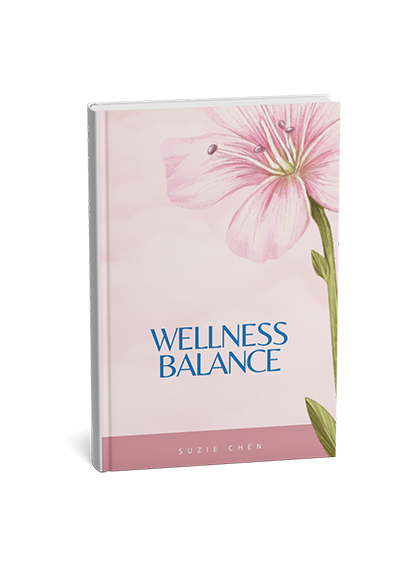While biological roots of ageing is often associated with visible signs such as fine lines and skin laxity, its deeper causes lie in systemic imbalances that affect physical, hormonal, and emotional wellbeing. Contemporary research and Traditional Chinese Medicine (TCM) both recognize the following as key drivers of premature ageing:
- Hormonal dysregulation, particularly during perimenopause and chronic stress states
- Lymphatic stagnation, reducing detoxification and cellular hydration
- Chronic inflammation and oxidative stress, accelerating tissue degeneration
- Qi (energy) stagnation, manifesting as fatigue, tension, and mood shifts
- Dysregulated nervous system, impairing recovery, sleep, and emotional resilience
These imbalances are interconnected and often require an integrative approach to restore function and promote long-term vitality.
The Rationale for Therapeutic Bodywork in biological roots of Ageing Support
Manual therapy, particularly when rooted in Traditional Chinese Medicine and informed by modern anatomical understanding, offers a direct and effective way to:
- Improve circulation and microvascular flow
- Support lymphatic detoxification and immune health
- Regulate autonomic nervous system activity (e.g. vagal tone)
- Enhance fascia mobility and musculoskeletal alignment
- Stimulate meridians associated with endocrine and organ function
Each therapeutic intervention used in this treatment is grounded in either classical medical theory (e.g. Tui Na, acupressure) or physiological principles (e.g. myofascial release, lymphatic drainage), making it suitable for clients seeking evidence-aligned, non-invasive care.
Treatment Structure: A Phased, Whole-Body Approach

Phase 1 – Neuromuscular Release and Energy Circulation
Methods used: Tui Na (Chinese medical massage), trigger point therapy, fascia release, Qigong-informed techniques
Therapeutic focus:
- Alleviating chronic tension and myofascial restriction
- Promoting blood flow to areas of stagnation
- Rebalancing Qi along major meridians associated with stress and fatigue
This phase targets the mechanical and energetic components of pain and tiredness, which are often misattributed to age alone.
Phase 2 – Lymphatic Drainage and Inflammation Reduction
Methods used: Brazilian and Chinese lymphatic drainage, Gua Sha-inspired gentle stimulation
Therapeutic focus:
- Enhancing interstitial fluid movement and immune surveillance
- Reducing facial and systemic puffiness
- Supporting detoxification through the liver, kidneys, and lymph nodes
Clinical studies (e.g. Zaleska et al., 2022, Journal of Inflammation Research) increasingly show the role of impaired lymph flow in premature ageing and skin dullness. Restoring flow is crucial for metabolic and aesthetic restoration.
Phase 3 – Hormonal and Skin Support
Methods used: Acupressure on endocrine and facial meridians, abdominal massage, breathwork
Therapeutic focus:
- Stimulating pituitary, ovarian and adrenal function via meridian networks
- Supporting collagen synthesis through enhanced circulation
- Balancing emotional states by regulating the gut-brain-skin axis
In TCM, hormonal ageing is associated with Kidney Jing decline and Liver Qi stagnation. This phase supports these foundational systems while simultaneously addressing cosmetic concerns such as skin laxity and puffiness.
Why This Works: Traditional Theory Meets Biomedical Insight
This therapy integrates:
- Acupressure: shown to modulate vagal tone and reduce cortisol
- Lymphatic massage: promoting intercellular waste removal and hydration
- Myofascial work: reducing muscle holding patterns and postural strain
- Breath-led movement: resetting sympathetic overdrive and improving oxygenation
It addresses the internal terrain rather than chasing external symptoms.
Who May Benefit
This treatment is designed for:
- Women experiencing hormonal changes, peri/menopause or cycle irregularity
- Individuals suffering from chronic fatigue, bloating, or inflammation
- Clients recovering from emotional stress, jet lag, or burnout
- Anyone seeking a natural, systems-level approach to ageing and vitality
Further Reading and Evidence
- Langevin et al. (2006), Fascia and Acupuncture – Implications for Manual Therapies, Journal of Bodywork and Movement Therapies
- Riva et al. (2021), Lymphatic System in Ageing, International Journal of Molecular Sciences
- Kim et al. (2018), Autonomic Regulation Through Acupressure, Frontiers in Neurology
Check out Yoga massage healing in motion video Experience Qi in motion
Direct enquiries on our website or DM Suzie on Instagram




0 Comments